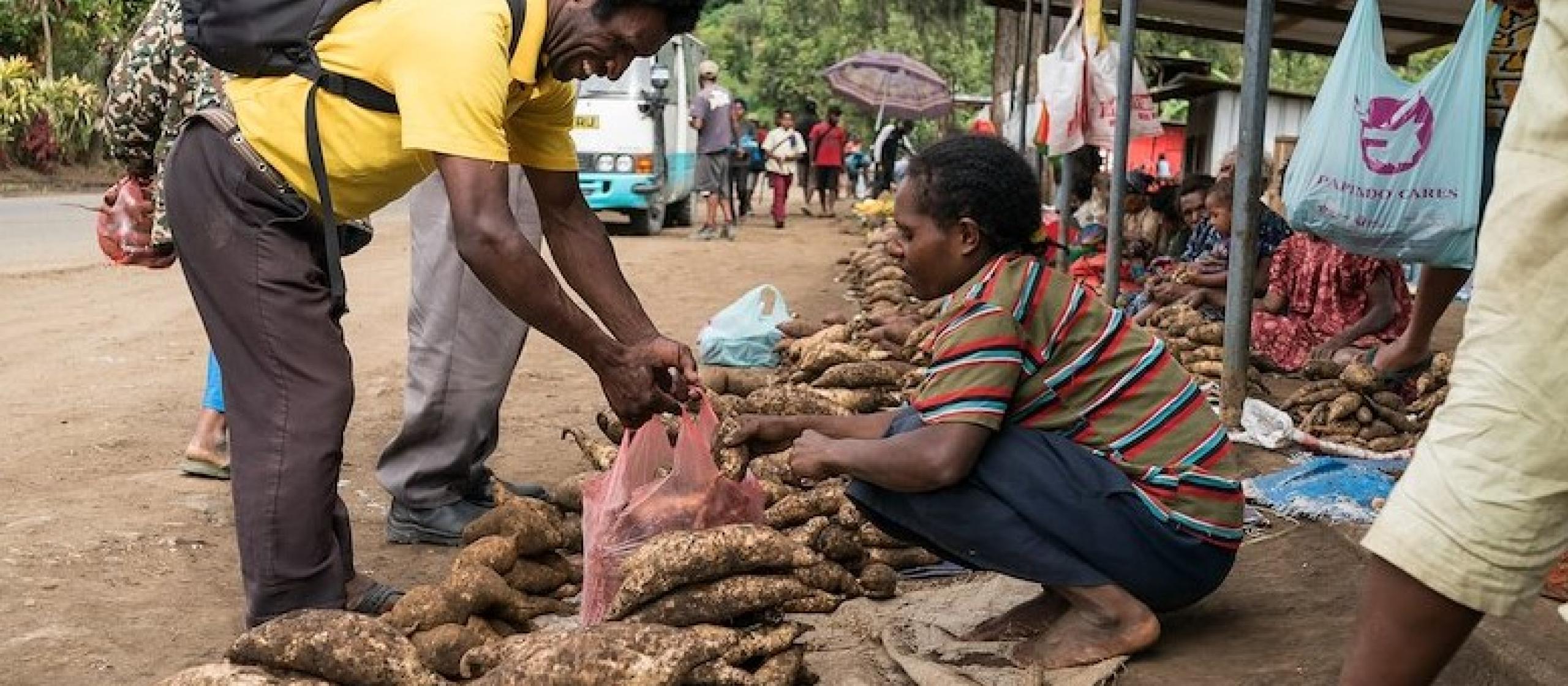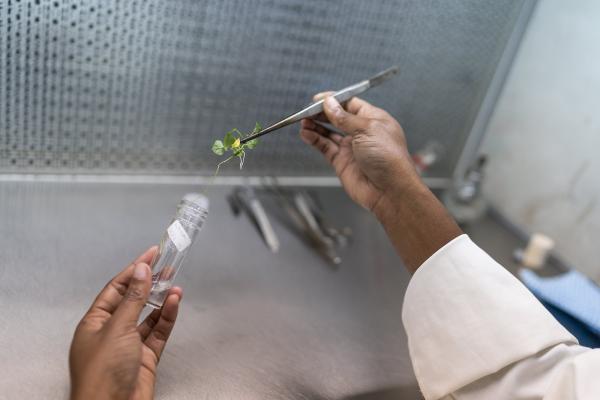- HomeHome
-
About ACIAR
- Our work
- Our people
-
Corporate information
- ACIAR Audit Committee
- Commission for International Agricultural Research
- Policy Advisory Council
- Agency reviews
- Executive remuneration disclosure
- Freedom of information (FOI)
- Gifts and benefits register
- Information publication scheme
- List of new agency files
- Contracts
- Legal services expenditure
- Privacy impact assessment register
- Commonwealth Child Safe Framework
- Benefits to Australia
- Careers
- 40 years of ACIAR
-
What we do
- Programs
- Cross-cutting areas
- Resources
- Where we work
-
Funding
- Research projects
- Fellowships
-
Scholarships
- John Allwright FellowshipScholarships to study in Australia for ACIAR partner country scientists to have Australian postgraduate qualifications
- ACIAR Pacific Agriculture Scholarships and Support and Climate Resilience Program
- Alumni Research Support Facility
- Publications
- News and Outreach
Date released
14 September 2018
The economy of the PNG highlands is evolving rapidly as smallholders turn from growing sweetpotato to feed their families to growing food to feed the nation. Sweetpotato, or ‘kaukau’ as it is known locally, plays a key role in this evolution. It has become a cash crop, providing income for farmers.
The collaborative partnership between ACIAR, Fresh Produce Development Agency (FPDA), PNG National Agricultural Research Institute (NARI) and Central Queensland University as supported smallholders to improve production to meet market and customer needs.
It focuses on accelerating income generation from the sweetpotato supply chain and supporting highland farming communities that benefit from the adoption of new and emerging agricultural technologies.
Research funded by ACIAR in partnership with NARI has resulted in production of pathogentested (PT) (or virus free) planting material for sweetpotatoes, which can be used by farmers in their production systems to improve their yield.
This includes new technology that enables farmers to produce seedlings that are free of disease, increasing their productivity and allowing them to grow larger tubers and greater volumes of the vegetable.
The project is already benefiting farmers in Eastern Highlands Province. Kuman Kuman is implementing the clean kaukau yielding method. Kuman is excited about the prospect of the project and the potential income that larger yields are likely to generate.
‘My contributions include seven bags of sand [clean planting material]. I also assisted the casuals working on the screen house to strain soil and pack it into boxes for the nursery,’ Kuman says.
FPDA provided the seedlings, the quarantine mesh igloos and training on growing the sweetpotatoes.
LEARNING FROM AUSTRALIA
The sweetpotato industry in Queensland has been very successful in using the clean sweetpotatoes to improve the yield and quality of tubers. All major Queensland sweetpotato growers are now using 100% PT stock as their planting materials and have increased their marketable yields by 25–30 tonnes per hectare.
The establishment of a similar scheme in PNG not only benefits farmers but also assists researchers and helps improve the food security of the food crop. A critical aspect of the project is the insights it is providing to help producers better understand pathogens and threats to the crop.
‘We’ve got an opportunity to survey for what viruses are present in the crops in PNG, and we can reasonably expect some of those viruses, over time, to make their way to Australia,’ says Professor Phil Brown from the Central Queensland University.
‘We’ve also started to trial some new technology for virus detection in the field rather than having to collect samples and send them off to a laboratory. That technology can be used in Australia as well, so when we’re doing our virus survey work in the field we’re going to be much better prepared to identify when something comes into the country or just to look at the ones we already know are here.’




